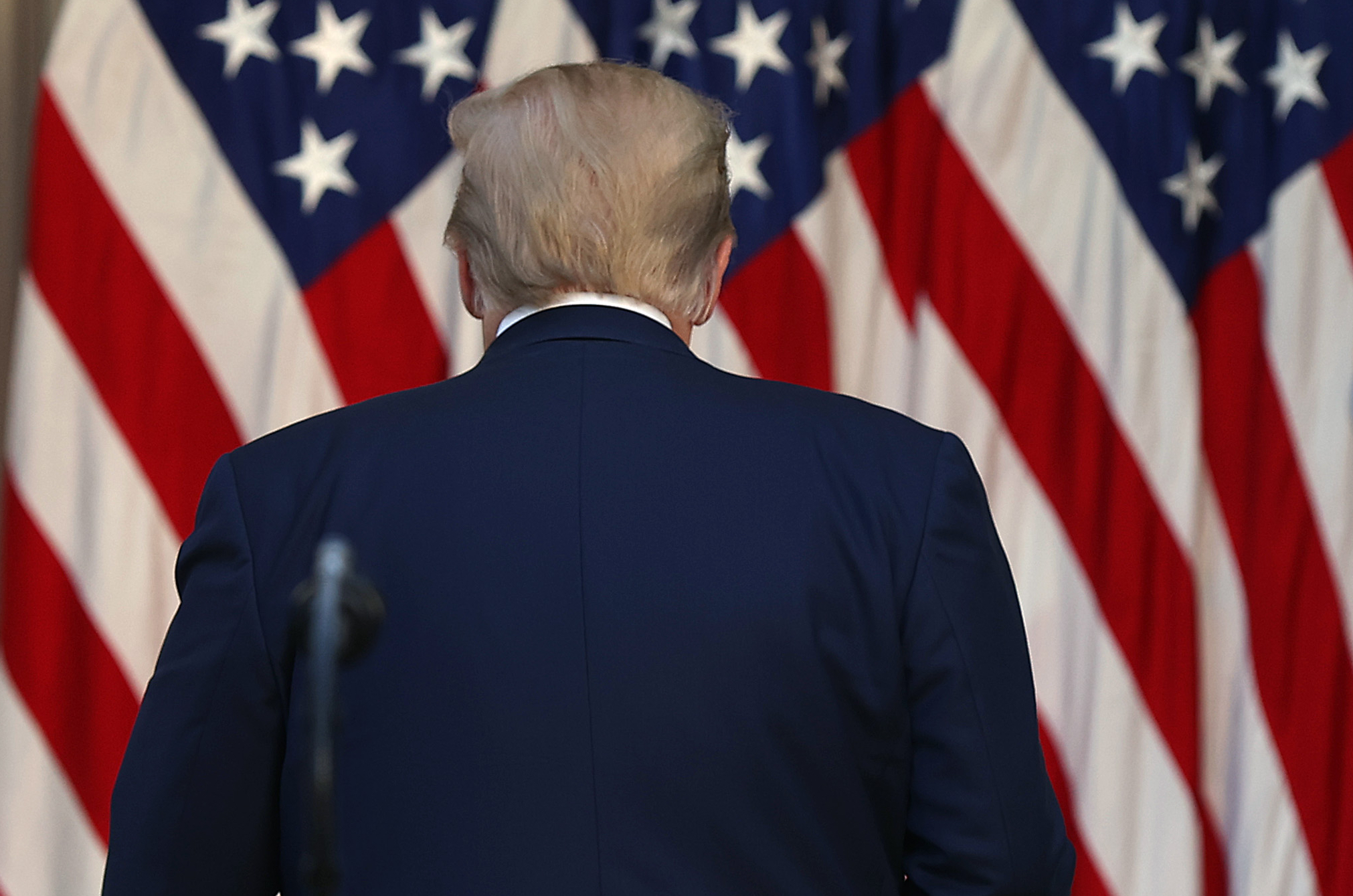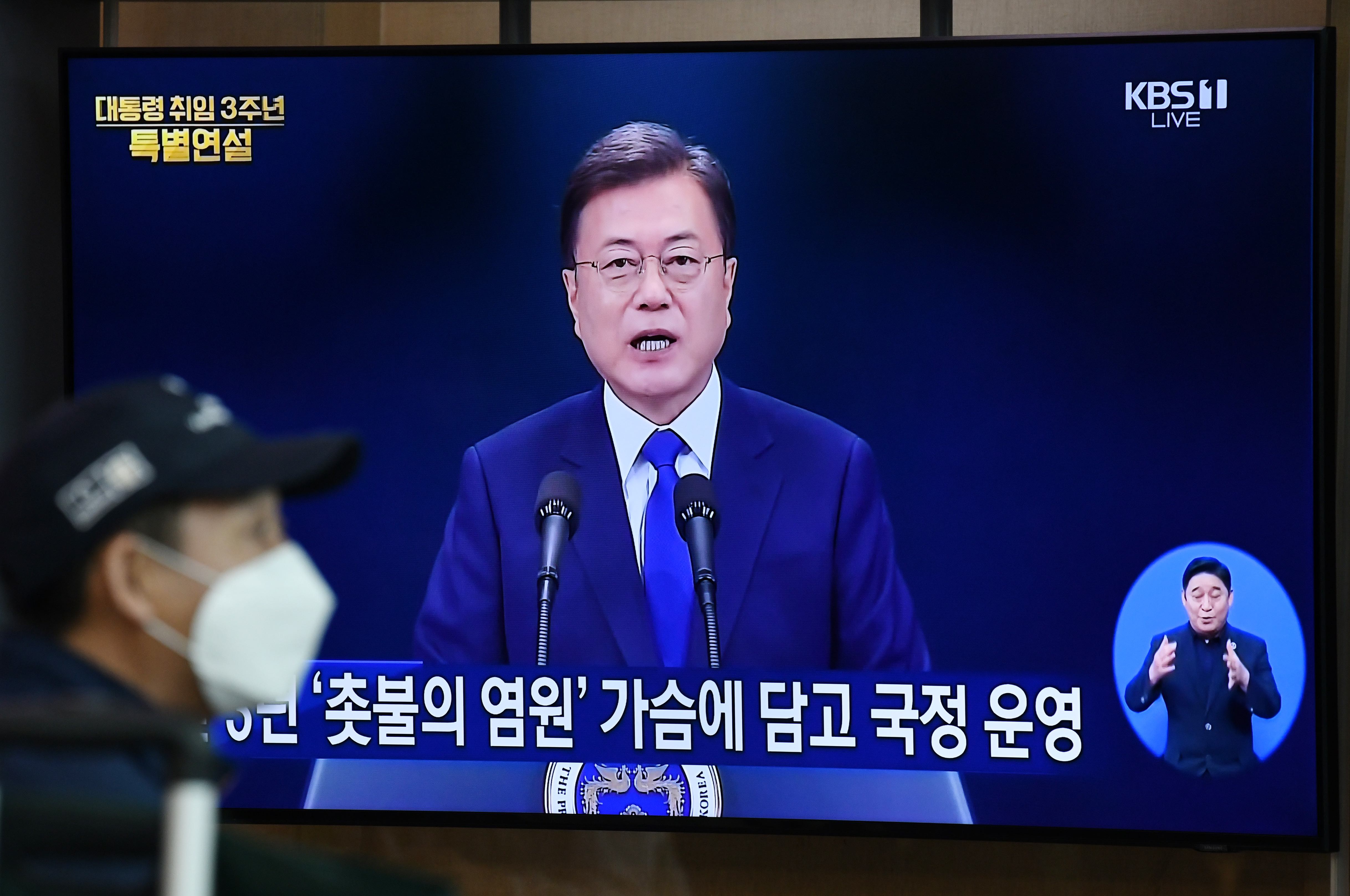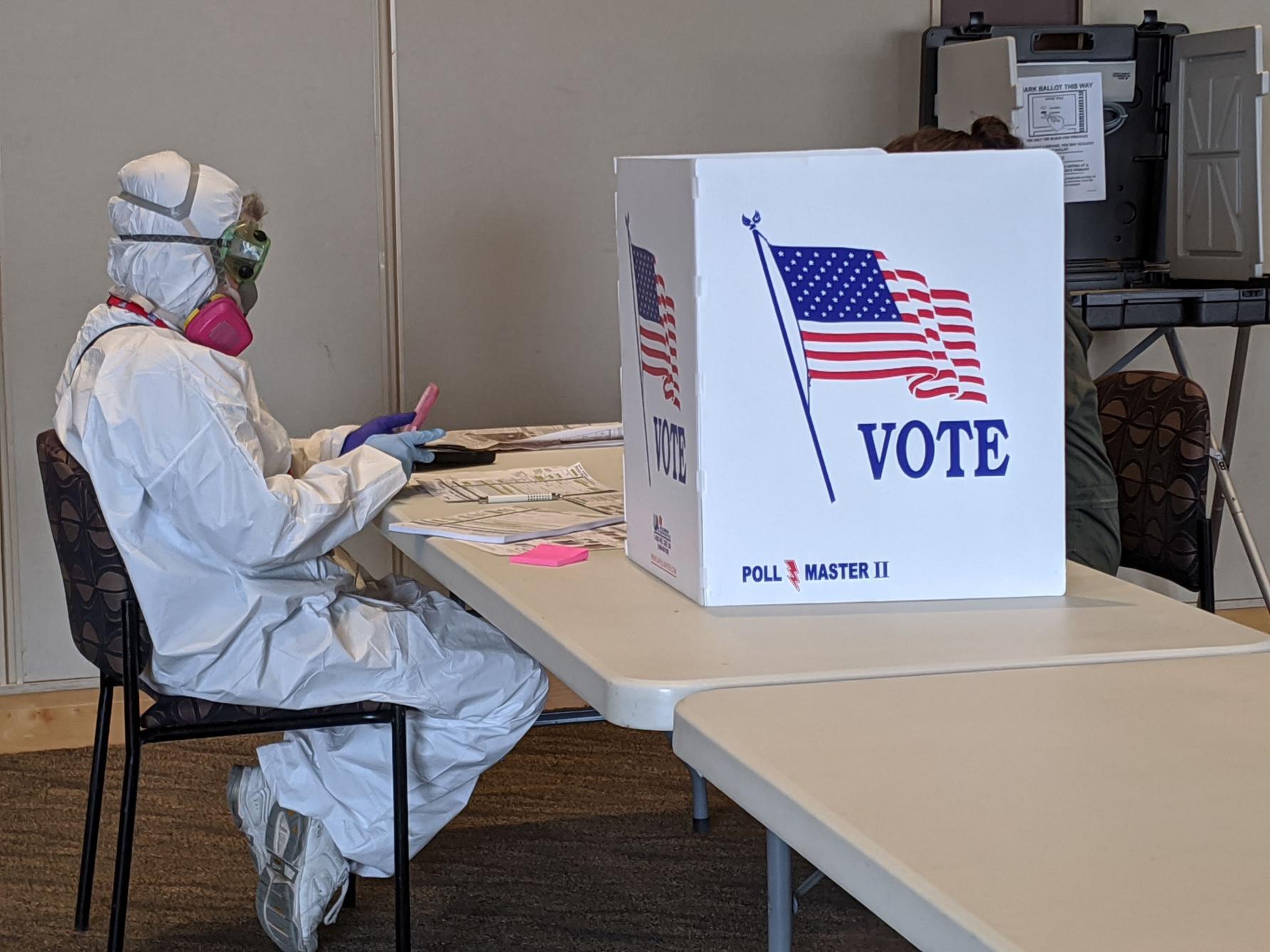
Politics & Society
Searching for Democracy 2.0 without losing Democracy 1.0

COVID-19 has had a dramatic impact on democracy worldwide, but some democracies are more resilient than others
Published 3 June 2020
The global pandemic has had a dramatic impact on democracy worldwide.
An unprecedented number of countries have partially suspended their commitments under international human rights treaties and simultaneously established a state of emergency (or emergency measures without a formal emergency declaration as we can see in Ireland or Poland).

More than 50 countries have postponed elections, often with little certainty as to when and how they will be held.
Concerns run high.
In a survey of 142 countries’ exposure to ‘pandemic backsliding’, the Varieties of Democracy Institute, which investigates the concept of democracy as a system of government, found emergency measures posed little threat to democracy in only 47 countries, including Australia.

Politics & Society
Searching for Democracy 2.0 without losing Democracy 1.0
It also found that 82 countries are at high (48) or medium (34) risk, with the pandemic response accelerating or emphasising established trends of democratic decay, including some of the world’s largest democracies – the USA, Brazil, India, and Indonesia.
Our team on the COVID-DEM project has been curating analysis of these developments since early April and there are clear commonalities across all the democracies affected.
Fundamental protections against excessively powerful executives have had to be temporarily shelved as governments wield sweeping COVID-19 powers.
Many people have submitted to rights restrictions, ‘stay at home’ orders, expanded police powers, and in some countries, surveillance apps, often without anything close to an acceptable level of democratic scrutiny as parliaments and the media are hobbled by the lockdown.

Beyond these similarities, the effect of the COVID-19 response on the democratic system has been – and will be – starkly uneven across democracies worldwide. This is due to the different democratic ‘starting point’ of each country as the pandemic hit.
We can set out four broad categories of government response.
First, there are the effective rationalists.

Politics & Society
Efficacy, ideology and COVIDSafe
Some democratic governments have addressed the pandemic through rational policy based on fact, acting within the constraints of the law, and placing clear limitations on emergency actions to preserve maximal democratic functioning.
In New Zealand, for instance, parliamentary committees continue and an Epidemic Response committee has been established to scrutinise government action. South Korea has flattened the curve primarily through contact tracing and successfully held national elections on 15 April – the first country to do so. Australia also belongs in this camp.
These countries have benefited from their starting position of high-quality democratic governance and the economic ability to assist people negatively affected by emergency measures.

Secondly, we have the constrained rationalists.
These are governments that have also taken a broadly rational and law-abiding approach but are in a starkly different position due to limited state capacity.
Research has flagged that South Africa is facing a ‘state of disaster’ due to emergency measures preventing access to food, water, and even basic hygiene. The country is also less equipped to address the economic fall-out of the lockdown, with uncertain implications for its fragile young democracy.

Politics & Society
The cost to freedom in the war against COVID-19
The third camp are the autocratic opportunists. This is where democratic decay has been proceeding apace for years and the executive branch of government, while seemingly recognising the reality of the threat, have pounced on the crisis to further consolidate and expand their power.
Hungary is the poster child, with the parliament empowering the prime minister to rule by decree, setting no time-limit for the emergency, and arming the government with a law criminalising “publication of false or distorted facts”.
And finally, there are the fantasists.
This category includes governments whose response has been impeded and distorted by partial or full denial of the facts as presented by recognised experts, and engaging in conspiracy theories – like the view that the pandemic is a Chinese bio-weapon.

Pandemic denial has turned the USA into a global outbreak hotspot.
It has placed citizens in the unenviable position of risking their health and lives to exercise their democratic rights in Wisconsin’s April primary elections, encouraged inaction at federal and state levels and endlessly undermined any concerted action taken.
However, the true global leader of pandemic deniers is Brazil’s President Bolsonaro, who continues to simply refuse to act.

Both are extreme examples of what American historian, Professor Sophia Rosenfeld, calls ‘antitruth governance’, based on “indifference to the boundaries between truth and falsehood” and an aversion to objective institutional expertise.
This not only presents an existential threat to democratic government, but in the current circumstances, to health and life for thousands.
In many countries, the pandemic has simply laid bare the true nature of the political system.
Where commitment to good governance and the rule of law endures, it has been reflected in the action taken. Where democratic government hasn’t led to hoped-for prosperity and security, this has been exposed in desolate detail. Where democratic rot had already set in, the COVID-19 response has rendered it more visible.

In Poland, for instance, the 10 May presidential elections were finally declared postponed.
This was announced not by the government or election commission, but by the true power, Jarosław Kaczyński, leader of the ruling party alongside his coalition partner Jaroslaw Gowin.
It’s a damning confirmation of how democratic power has been wrenched from its constitutional locus and is now exercised in an openly undemocratic manner.

Politics & Society
Detention increases COVID-19 health risk
That said, the pandemic has also prompted impressive innovation.
Activists have managed protests compliant with social distancing regulations – for exmple, the protests against the perceived assault on democracy in Israel and agains attempts to introduce stricter abortion laws in Poland.
Digital activism has pushed back against state repression of human rights monitors in countries like the Philippines.
These are a powerful reminder that although democracy is constrained, it is not suspended.
We see institutional innovation too.

In Australia, long-time critics of the political system’s dysfunction have been surprised by the capacity of the National Cabinet to coordinate executives of different party colours across the federation since mid-March, cutting through the hyper-partisan status quo to achieve consensus on nation-wide action.
This is in blunt contrast to the chaotic tussles in the USA between federal and state governments, and the two main parties, over everything from the validity of lockdowns to the purchase and retention of protective equipment.
The pandemic there, instead of unifying the nation, has widened divisions, with the unequal impact of the virus meeting police brutality to produce a nationwide conflagration of protest – the latest episode being President Trump’s use of the National Guard to tear gas and batter protesters to clear his way for a church visit.

Politics & Society
What could our post-COVID ‘new normal’ look like?
In the UK, trust in the Westminster government has also plummeted.
While the failures of these perceived ‘leading lights’ of global democracy – and others like Sweden – has tarnished their already sullied democratic reputations, other democracies like South Korea, New Zealand and Australia are enjoying greater international visibility as examples of best practice (although their responses are not immune to criticism).
That said, even as the lockdown eases in many countries, there are worldwide concerns about the long-term effects of the emergency expansions and normalisation of surveillance.
In Australia, the effective response to the pandemic is now shifting into a new phase, where longer-term democratic questions including the dangers of surveillance, the lack of transparency surrounding the National Cabinet’s deliberations, and the devastating impact of the lockdown on independent media will be acutely important.

All democracies are exposed to difficult questions of legitimacy if measures continue to be extended, if parliaments continue to be sidelined and scheduled elections are not held.
What will global democracies look like in a year’s time, when hopefully the worst of the pandemic has passed? At the moment, it is impossible to tell.
What we can predict is that the effects will be starkly uneven. Many democracies will be battered but resilient, a lucky few may even be renewed, but others will emerge seriously degraded or even depart from the global club of democracies entirely.
If you’d like to know more about Australia’s pandemic response and its effect on democracy, access the policy brief Securing Democracy: Australia’s Pandemic Response in Global Context, the first in a series of policy briefs on ‘Governing During Crises’ produced by the School of Government at the University of Melbourne.
Banner: Getty Images